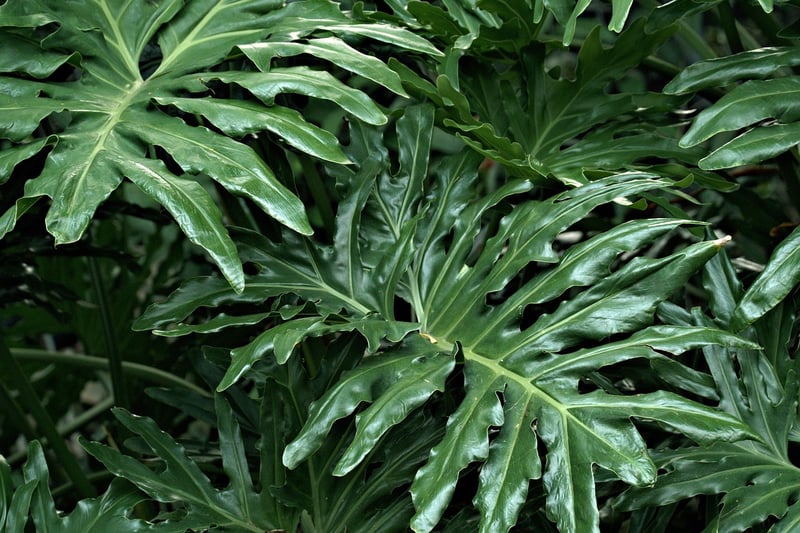Pest Control
Keeping Your Vertical Garden Healthy + Pest Control
Introduction
Vertical gardens are a fantastic way to bring greenery into small spaces and add a touch of nature to your surroundings. However, maintaining a healthy vertical garden requires proper care and attention. In this article, we will discuss some essential tips for keeping your vertical garden thriving and how to effectively control pests that may threaten your plants.
Tips for Maintaining a Healthy Vertical Garden
- Choose the Right Plants: Select plants that are suitable for vertical gardening and consider factors like light requirements and growth habits.
- Ensure Proper Drainage: Ensure that your vertical garden has adequate drainage to prevent waterlogging, which can lead to root rot.
- Regular Watering: Water your vertical garden regularly, ensuring that the soil is moist but not waterlogged. Consider using a drip irrigation system for efficient watering.
- Monitor Light Levels: Pay attention to the light conditions in the area where your vertical garden is located and choose plants that thrive in those conditions.
- Fertilize Wisely: Provide your plants with the necessary nutrients by fertilizing them regularly, but be cautious not to over-fertilize, which can harm the plants.
- Prune and Trim: Regularly prune and trim your plants to promote healthy growth and prevent overcrowding.
- Inspect for Pests: Regularly inspect your plants for signs of pests, such as chewed leaves or discoloration, and take prompt action.
Effective Pest Control for Vertical Gardens
Pests can pose a threat to your vertical garden and may damage your plants if left unchecked. Here are some natural pest control methods you can use:
- Neem Oil: Neem oil is a natural insecticide that can help control common garden pests like aphids, mites, and whiteflies.
- Diatomaceous Earth: This powdery substance is effective against crawling insects and can be sprinkled around the base of your plants.
- Beneficial Insects: Introduce beneficial insects like ladybugs or lacewings to your vertical garden to prey on harmful pests.
- Homemade Sprays: Create homemade sprays using ingredients like garlic, pepper, or soap to deter pests from your plants.
Conclusion
By following these tips for maintaining a healthy vertical garden and implementing effective pest control measures, you can ensure that your plants thrive and flourish in their vertical environment. Remember to regularly monitor your plants, provide them with proper care, and address any pest issues promptly to enjoy a beautiful and vibrant vertical garden.


